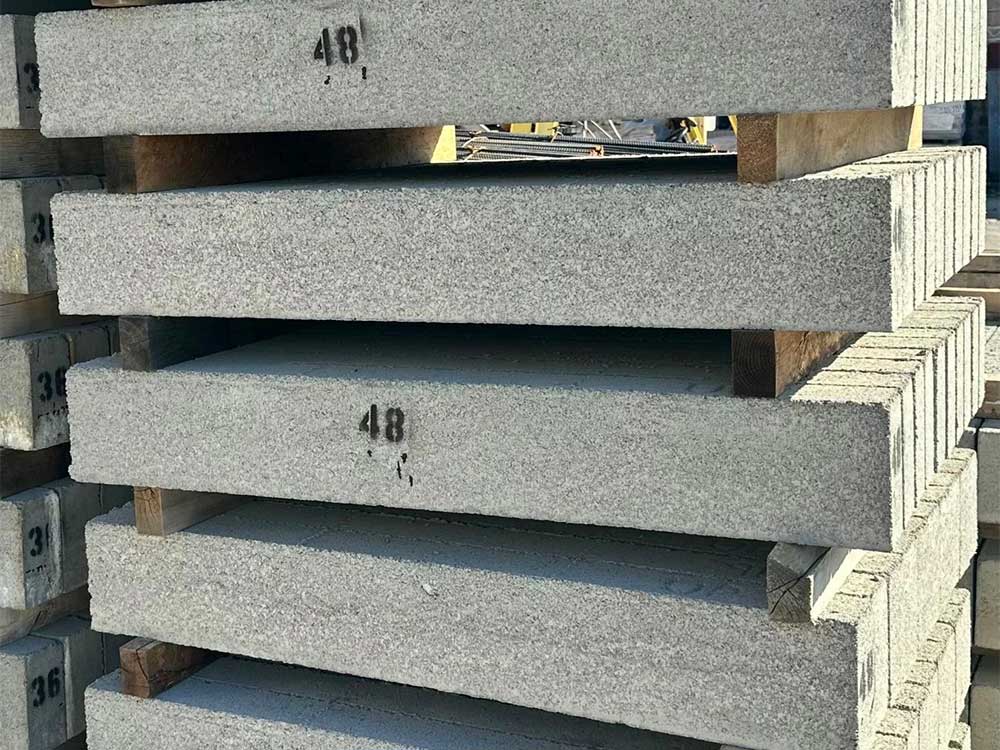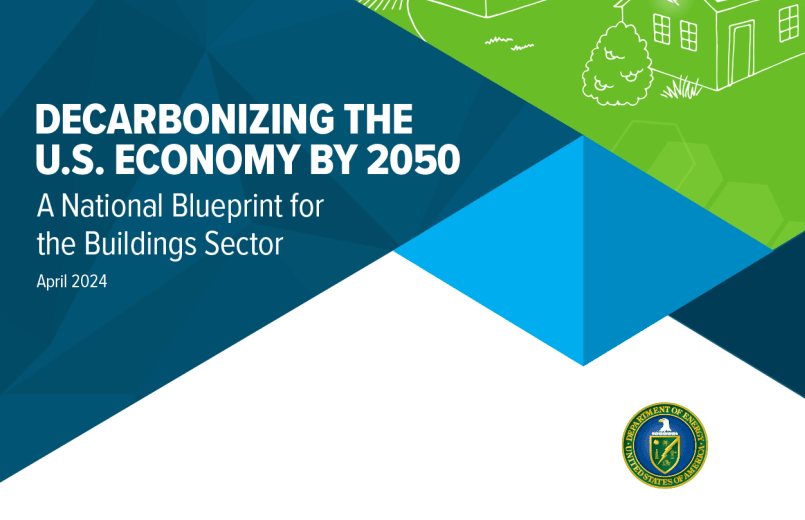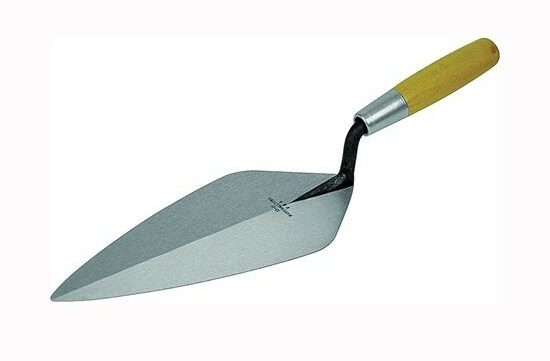What Should You Do If Your Yard Is Always Wet?
If you notice that your yard is always wet, it could be caused by poorly planned landscaping, lower areas that collect water, an irrigation or drainage system which is blocked, or other things. Here is a guide to help you solve these problems.
The Yard Has Poorly Planned Landscaping
Property owners that intend to alter their landscapes through the addition of features such as pools, patios, or sheds must consider how rainwater and moisture will collect and flow in the space. You’ll often need to move a considerable amount of vegetation and soil The less soil and vegetation you have, the less natural space to soak up water. The solution to this problem is to properly grade your property and incorporate drainage systems when changing your property so that the water is correctly managed and standing water is prevented.
The Lawn Contains Lower Areas Which Collect Water
Because of gravity, water has a tendency to gather near the lowest spot. Those who are encountering standing water within their yards may have a lower region where water is draining to solution to this problem is to build up your lower areas—regrade the land—which can be accomplished by adding gravel and dirt to the lower region to make it level with the rest of your yard. You can also add a retaining wall to give more options in adjusting the grade.
Your Yard Is Comprised of Moisture-Retaining Soil
Certain soils tend to retain moisture. This makes it challenging for the water to be absorbed within the dirt. If you aren’t sure whether your yard falls under this category, you’ll need to have your soil inspected. If it contains clay, this is one of the types that lead to standing water so you’ll need to till it through the addition of sand and dirt soil amendments which will enable water to drain more quickly.
The Irrigation or Drainage System Is Blocked
Landscapers know too much water means puddles and too little water means dead plants. To help manage the water, landscapers build-in irrigation or drainage systems in their projects. However, such systems are subject to becoming blocked, which prevents water from draining the way it should. Things that might block your irrigation or drainage system include sticks, trash, debris, and grass clippings. Once they are cleared out, the system will work as intended. For drainage pipes, you may need specialized equipment which can extend within the tube to eliminate the blockage.
Your Lawn Has Excessive Shade
While a degree of shade can be beneficial to lawns and certain plants, an excessive amount will cause moisture to remain in the grass longer than desired. Furthermore, if your yard has lots of bushes, trees, or shrubs, they might block sunlight which is required for the moisture to evaporate. This can prove problematic as a yard that retains excess moisture is one that can breed various diseases and fungi. The solution to the problem is to trim or remove some of the bushes or shrubs and prune the trees to allow in more sunlight.

Drainage SalesNorm Speth
Latest News
4 Features That Makes Masonry Supply Company Stand Out
A masonry supply company plays a crucial role in the success of construction projects, providing essential materials and expertise to […]

Choosing The Right Size Lintel For Your Project
Determining the correct size of a lintel is critical for the stability and longevity of your construction project. A lintel […]

Data Misses on Embodied Carbon
There is significant urgency to avoid, reduce, or even reverse the emissions of greenhouse gases (CO2e) to avoid the worst […]

4 Masonry Tools You Should Have At Home
Effective and efficient masonry work, whether for repairs or new projects, requires the right tools. At home, having a basic […]
